Found 34 movies, 21 TV shows, and 0 people
Can't find what you're looking for?

The links between the ancient Greek civilization and our own can be seen in their art, philosophy, government, architecture and scientific advancements. This program invites students to explore the history and culture of ancient Greece, a civilization comprised of over 700 city-states, the largest of which was the legendary city of Athens. Journey to the Acropolis to see the grandeur of the Parthenon, and examine terra-cotta pottery, decorated with images depicting the adventures of Greek heroes, gods and scenes from everyday life.
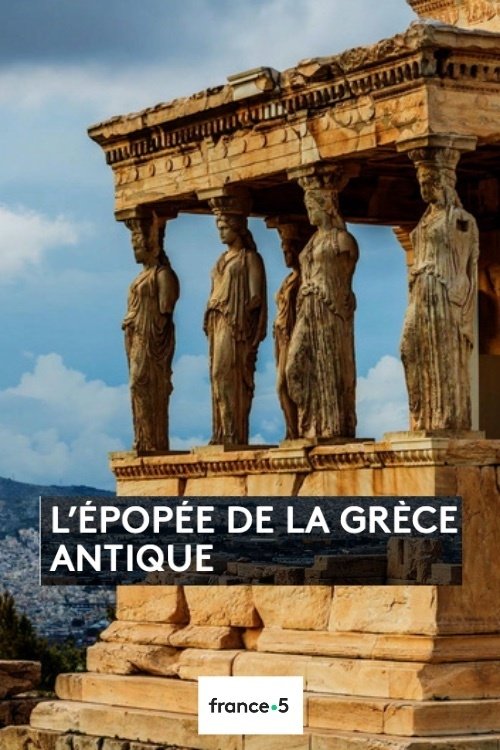
No description available for this movie.
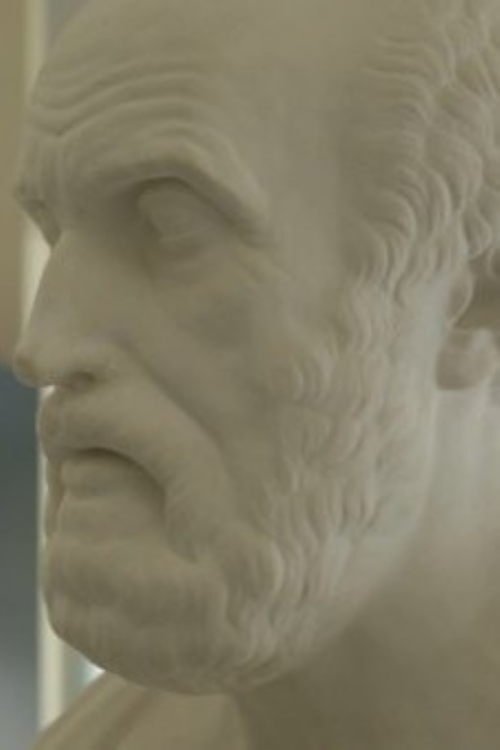
Ancient Greek Medicine from the Neolithic Age to the Late Antiquity: Homeric Medicine, Theurgical Healing, Theocratic Philosophers, Hippocrates, τhe Foundations of Rational-Modern Medicine, Alexandrian Doctors, Galen, Pharmacology. Its glorious history comes to life, through fiction and the help of digital technology: 3D representations of ancient temples, aerial shootings of archaeological sites, location scan-using photogrammetry, original medicine drawings.
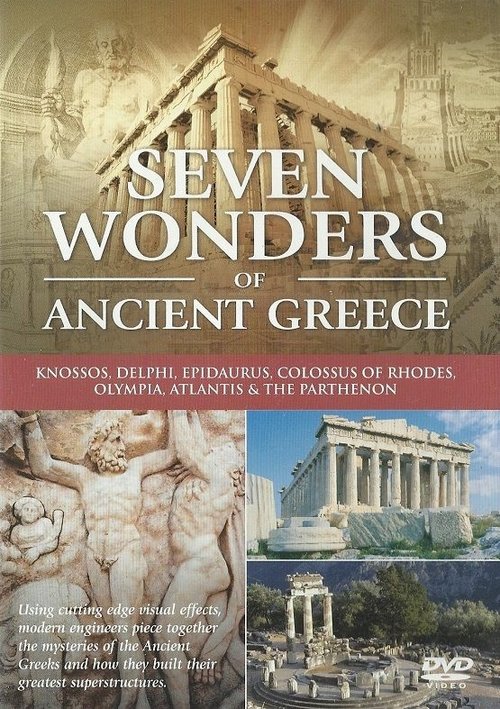
Greece, a land of breathtaking beauty and light. A land where science, art and inspiration from the gods combined to produce some of the world's greatest marvels of architecture and design. The ancient Greeks used buildings and structures to reflect the variety of life at the core of their civilisation - they built the first theatres, staged the first sports events and worshipped in some of the most spectacular temples ever built.

Olympias, a princess of royal blood, married King Philip II, gave birth to Alexander the Great, and ended up ruling the kingdom of Macedonia. Raised in a male-dominated society, she prevailed against her opponents and imposed her will. How is it that such a powerful woman faced such a horrible death in the end?

An investigation into an old papyrus discovered in a storeroom of the Louvre museum has revealed that it was a very ancient Greek score. But how can we know who composed it? How do we interpret this music? And where do we find the ancient instruments to play it?
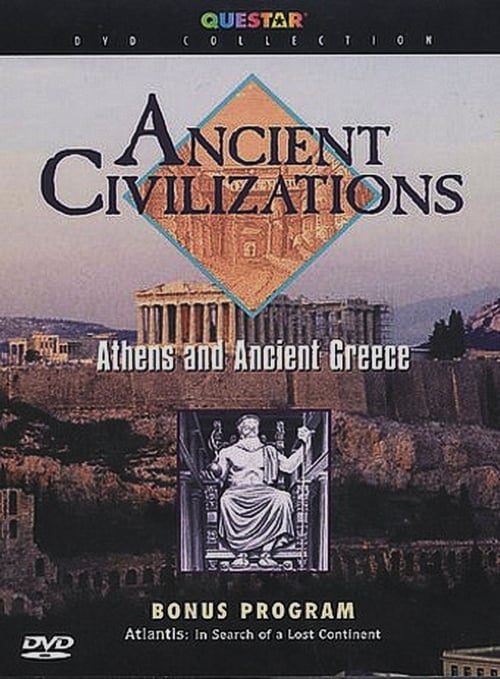
Ancient Greece was a civilization like no other - and now you can see why. Computer graphics, archival film, and classic art come together to recreate the past. Tour the Acropolis in the 5th Century B.C. Stand before Delphi's Temple of Apollo where the oracle spoke. Gaze at the Statue of Athena and marvel at the Parthenon. Walk through the Agora, the Temple of Zeus, and Olympia - home of the Olympic games. Sail to the legendary and lost continent of Atlantis. Experience the daily lives and customs of Ancient Greeks in this unforgettable journey.

This film recreates the ancient Greek world through its extant art and literature. The narration is from translations of Greek authors, including Hesiod, Pindar, Aeschylus, Sophocles, Euripides, Aristophanes, Herodotus, Thucydides, Plato, and Plutarch, and accompanies visual impressions of Greek religious philosophy and history through the golden age. The film features spectacular footage of Crete, Knossos, Mycenae, and the sculptures of Athens. It discusses the Persians at Marathon, then 10 years later, Xerxes at Thermopylae.

Over twenty-five hundred years ago, the ancient citizens of Athens, Greece built the most magnificent temples that mankind has ever been inspired to create. These towering shrines, shrouded with unworldly spirits, were home to mysterious cults that performed bold sacrifices and evoked unspeakable wonders. And yet, from the citadel of the Acropolis came the very hallmarks of civilization, ideas that remain today the highest testament to the nobility of man -- democracy, science, philosophy and theatre. Through stunning film, interviews with experts and vivid reenactments, you'll explore the haunting mysteries that still lie buried in the mystical world of Ancient Greece.

If you don't give your brother a proper funeral, you doom his soul to unrest forever.

Profile of the novelist whose books of ancient Greece convincingly brought the world of Plato and Socrates back to life.

The journey from Knossos to Athens takes us to many of the important sites of ancient Greek history - those places which help us to understand the influential changes in Greece between the Minoan and the Classical Periods. Sites visited during the program include the Minoan Palace of Knossos on Crete, the Minoan settlement of Akrotiri on the Aegean island of Santorini, Mycenaean Tiryns and Mycenae, the Peloponnesian sites of Sparta and Corinth, and finally Athens itself.

No description available for this movie.
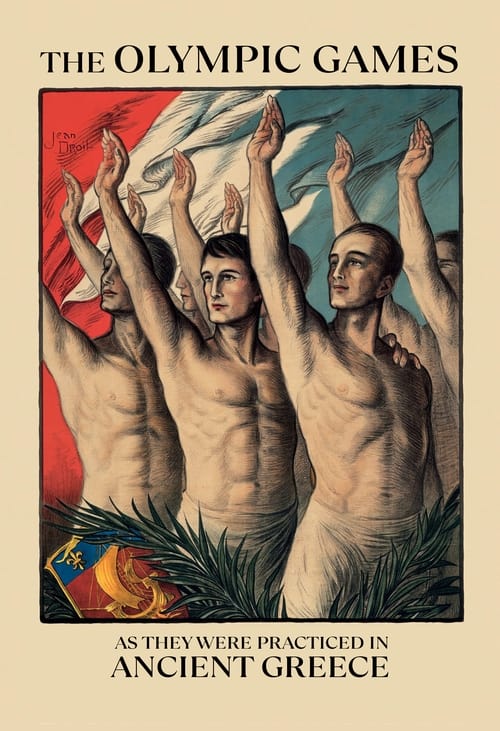
A documentary on the Olympic games of ancient Greece, made during the 1924 games.
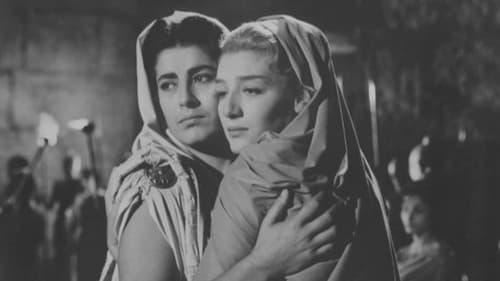
In Thebes in ancient Greece, King Oedipus kills his father and marries his mother Jocasta, having two sons - Eteocles and Polyneices - and two daughters - Ismene and Antigone. King Oedipus dies a beggar in the exile after gouging out his own eye, and Eteocle agrees to reign in Thebes in alternating years with Polynices. However, he refuses to resign after the first year and Polynieces raises an army and attacks Thebes, and they kill each other. The ruler of Thebes Creon decrees that Eleocles should have an honorable burial while the body of the traitor Polyneices should be left on the battlefield to be eaten by the jackals and vultures. However, Antigone, who was betrothed to Creon's surviving son Haemon, defies Creon's orders and buries her brother. When Creon is reported of the attitude of Antigone, he sentences her to be placed in a tomb alive. Antigone hangs herself in the tomb and Haemon tries to kill his father first and then he kills himself with his sword...

In year 1250 B.C. during the late Bronze age, two emerging nations begin to clash. Paris, the Trojan prince, convinces Helen, Queen of Sparta, to leave her husband Menelaus, and sail with him back to Troy. After Menelaus finds out that his wife was taken by the Trojans, he asks his brother Agamemnon to help him get her back. Agamemnon sees this as an opportunity for power. They set off with 1,000 ships holding 50,000 Greeks to Troy.
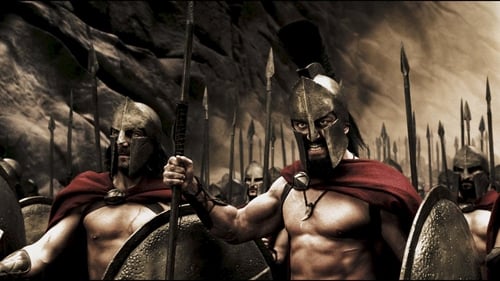
Based on Frank Miller's graphic novel, "300" is very loosely based the 480 B.C. Battle of Thermopylae, where the King of Sparta led his army against the advancing Persians; the battle is said to have inspired all of Greece to band together against the Persians, and helped usher in the world's first democracy.
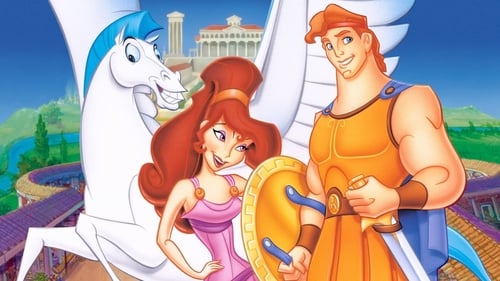
Bestowed with superhuman strength, a young mortal named Hercules sets out to prove himself a hero in the eyes of his father, the great god Zeus. Along with his friends Pegasus, a flying horse, and Phil, a personal trainer, Hercules is tricked by the hilarious, hotheaded villain Hades, who's plotting to take over Mount Olympus!
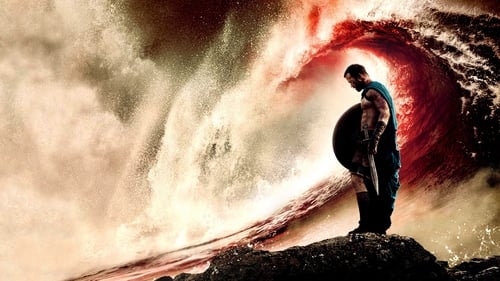
Greek general Themistocles attempts to unite all of Greece by leading the charge that will change the course of the war. Themistocles faces the massive invading Persian forces led by mortal-turned-god, Xerxes and Artemesia, the vengeful commander of the Persian navy.
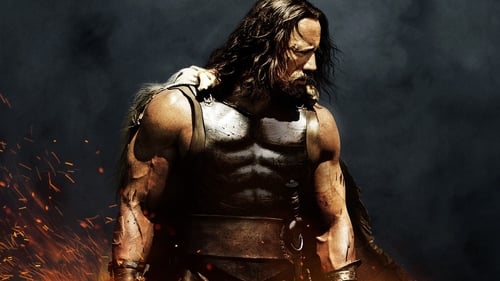
When a new enemy threatens the innocent, Hercules must lead his fearless team of warriors in a battle against overwhelming odds.
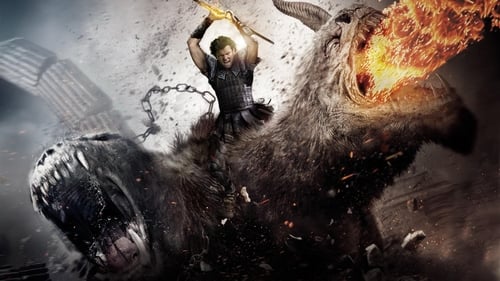
Perseus tries to live a quieter life as a village fisherman while – dangerously weakened by humanity's lack of devotion – the gods are losing control of the long-imprisoned Titans and their ferocious leader, Kronos.
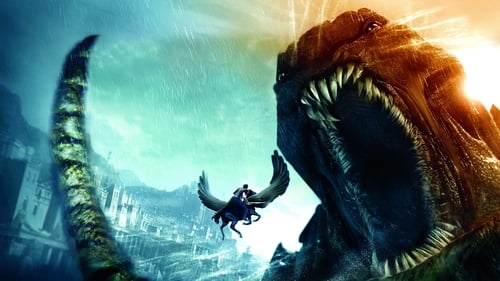
Born of a god but raised as a man, Perseus is helpless to save his family from Hades, vengeful god of the underworld. With nothing to lose, Perseus volunteers to lead a dangerous mission to defeat Hades before he can seize power from Zeus and unleash hell on earth. Battling unholy demons and fearsome beasts, Perseus and his warriors will only survive if Perseus accepts his power as a god, defies fate and creates his own destiny.
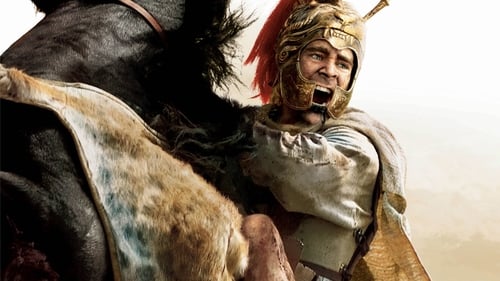
Alexander, the King of Macedonia, leads his legions against the giant Persian Empire. After defeating the Persians, he leads his army across the then known world, venturing farther than any westerner had ever gone, all the way to India.

After twenty years away, Odysseus washes up on the shores of Ithaca, haggard and unrecognizable. The king has finally returned home, but much has changed in his kingdom since he left to fight in the Trojan war.
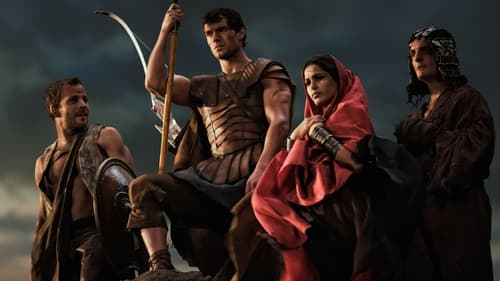
Theseus is a mortal man chosen by Zeus to lead the fight against the ruthless King Hyperion, who is on a rampage across Greece to obtain a weapon that can destroy humanity.
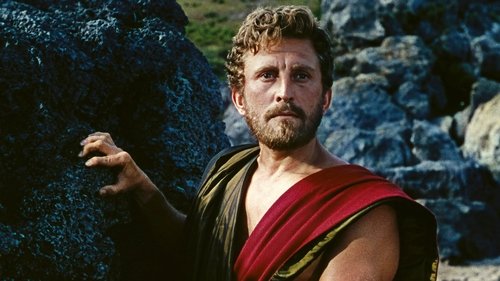
A movie adaptation of Homer's second epic, that talks about Ulysses' efforts to return to his home after the end of ten years of war.
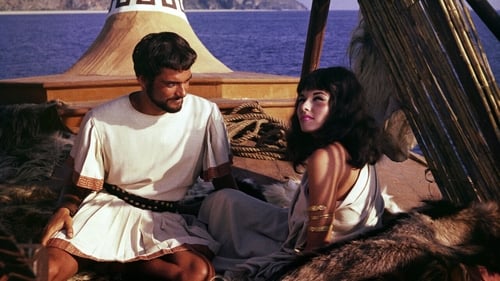
Jason, a fearless sailor and explorer, returns to his home land of Thessaly after a long voyage to claim his rightful throne. He learns, however, that he must first find the magical Golden Fleece. To do so, he must embark on an epic quest fraught with fantastic monsters and terrible perils.
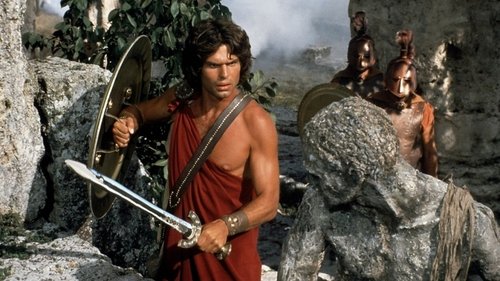
To win the right to marry his love, the beautiful princess Andromeda, and fulfil his destiny, half-God-half-mortal Perseus must complete various tasks including taming Pegasus, capturing Medusa's head and battling the feared Kraken.
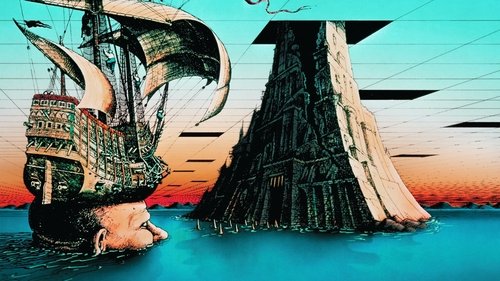
Young history buff Kevin can scarcely believe it when six dwarfs emerge from his closet one night. Former employees of the Supreme Being, they've purloined a map charting all of the holes in the fabric of time and are using it to steal treasures from different historical eras. Taking Kevin with them, they variously drop in on Napoleon, Robin Hood and King Agamemnon before the Supreme Being catches up with them.
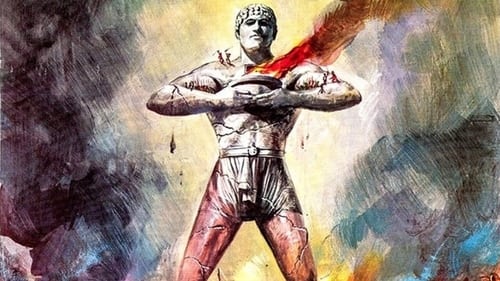
While on holiday in Rhodes, Athenian war hero Darios becomes involved in two different plots to overthrow the tyrannical king, one from Rhodian patriots and the other from sinister Phoenician agents.

Pheidippides, a brave soldier and messenger of ancient Athens, is ordered by the Athenian general, Miltiades, to run to Sparta and request aid to confront the Persian army led by King Darius the 1st, in the Battle of Marathon.
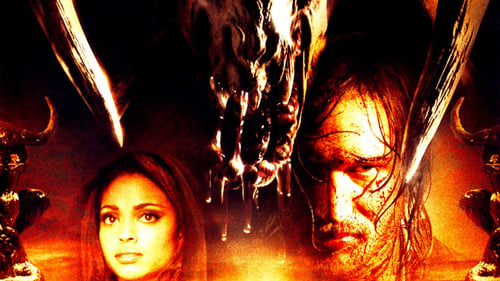
Long ago in the Iron Age, a shadow loomed over a lonely village. For generations, the village youths are stolen from their families and delivered as sacrifice to a mythical beast - the Minotaur, that dwells beneath a great palace. Theo, haunted by the loss of his love in an earlier sacrifice is convinced that the beast isn't real and that his girl still lives as a slave within the palace.
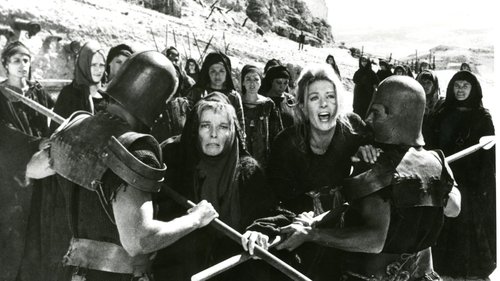
In the aftermath of the Trojan Wars, Queen Hecuba takes stock of the defeated kingdom. Her son has been killed, and his widow, Andromache, is left to raise their son, Astyanax, alone. Hecuba's daughter, Cassandra, fears being enslaved by her Greek masters, while Helen of Troy risks being executed. Astyanax also becomes the focus of the Greeks' attention as the last male heir of the Trojan royal family.
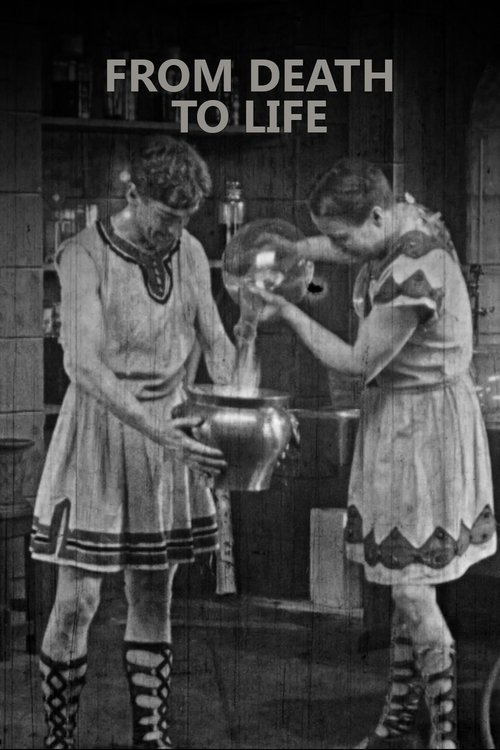
A chemist named Aratus invents a concoction that will turn creatures to stone, but only realizes the dangers of his creation when his wife falls victim to it.